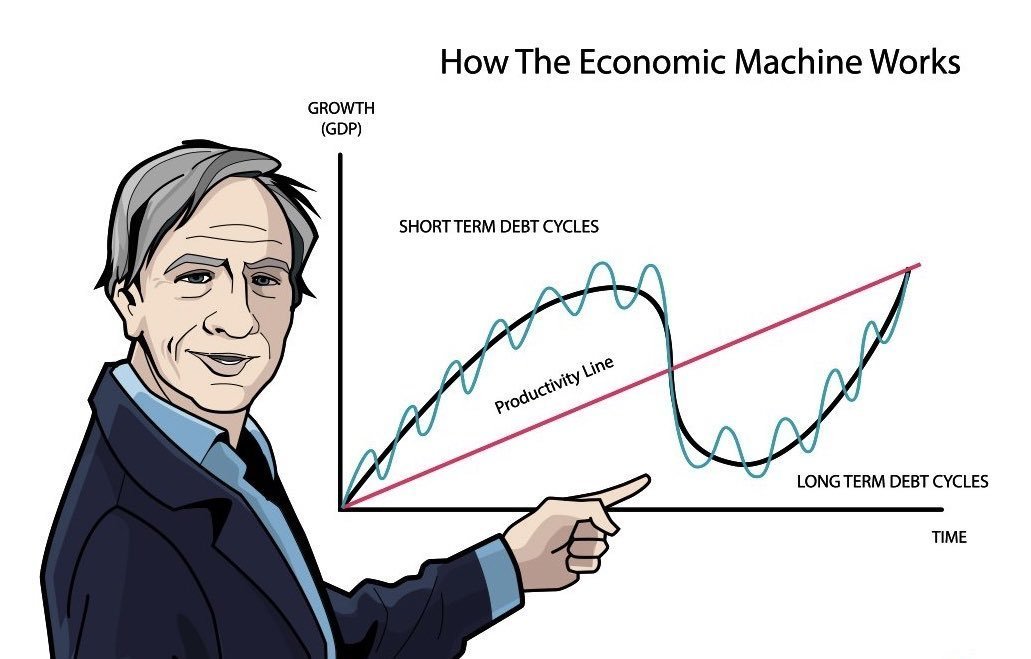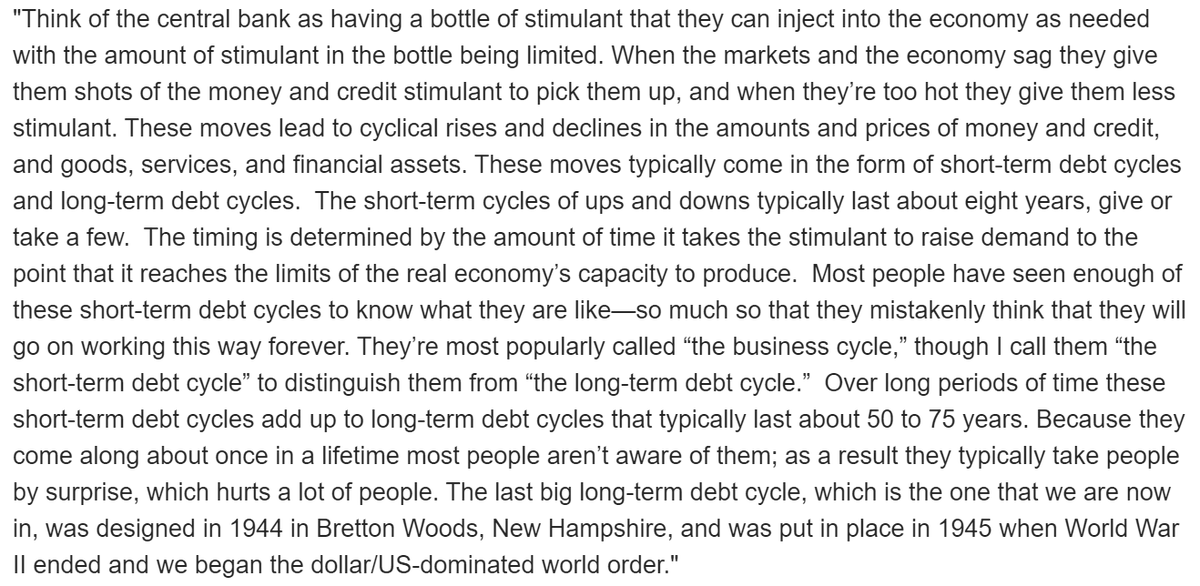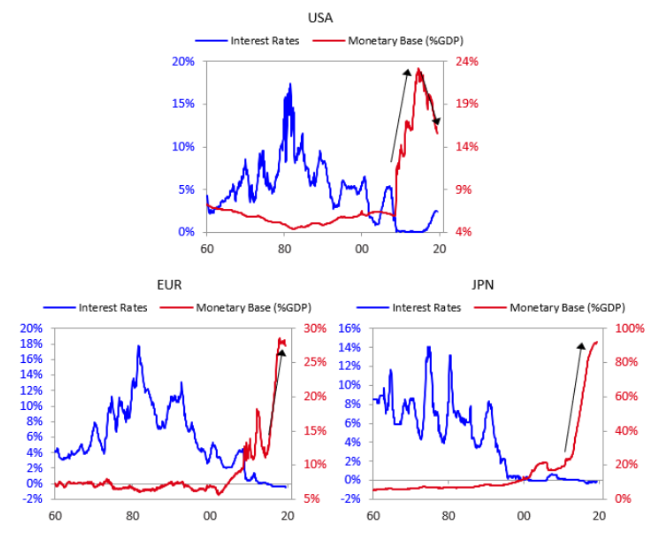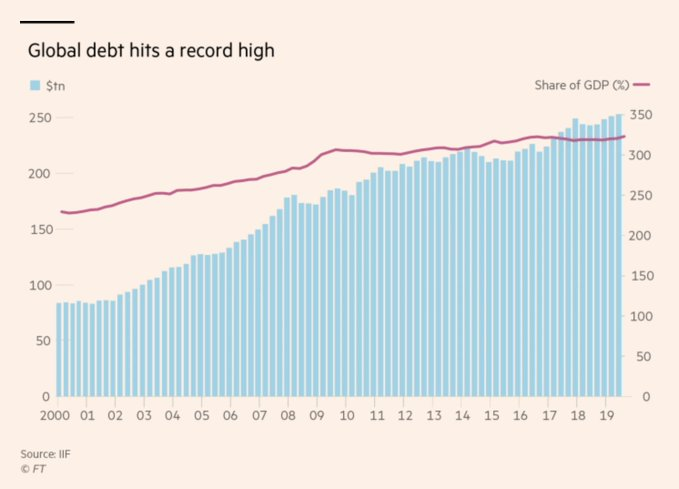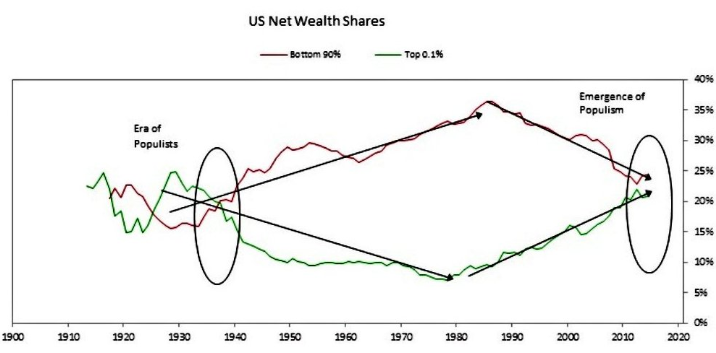The “Should we get rid of the GRE?” conversation and the “Should we pay undergrad RAs $15/hour?” conversation have three things in common that I think are really unfortunate — 🧵
Some musings about graduate admissions, standardized testing, etc while I wait for my coffee.... these are things that seem obvious? but are maybe not obvious?
— Dr. Paige Harden (@kph3k) December 2, 2020
More from Economy
(Article Thread)
All in one convenient location to access.

https://t.co/TuyltZTyW0
True State of the Nation
— Secret SoSHHiety (@SouledOutWorld) December 19, 2020
You think you know what's coming... but you don't...https://t.co/MVoIuxgaWX pic.twitter.com/DtF2Q53HrT
https://t.co/XJJRvpLRQE
Truth About Antarctica
— Secret SoSHHiety (@SouledOutWorld) December 19, 2020
Why? Scalar EM Antennas are kept at Antarctica; Scalar EM weaponry is the anonymous weapon to be used by the White Horse of Rev 6.https://t.co/7CDzmQfLSX pic.twitter.com/0400oCN8io
https://t.co/NeeFCfMkP2
The Finger (fuck you/fuck the world)
— Secret SoSHHiety (@SouledOutWorld) December 18, 2020
The middle finger is the Saturn finger.https://t.co/BsrsBE3f5h pic.twitter.com/ZJqZll8lU1
https://t.co/yFtbIgqzzm
Bread and Circuses
— Secret SoSHHiety (@SouledOutWorld) December 18, 2020
Bring in the clowns & the fast food...https://t.co/SZAlfkqTI3 pic.twitter.com/gLys0mNMIq
For 400 years inflation has NOT been in a "mountain range" of up and down, but rather stair-stepped in giant increases, always associated with major transformations in economic arrangements.
The only way that debt comes down is if rest of world flips to trade deficit status w/US (I.e., trades accumulates $USD from prior trade surpluses w/US for actual goods & services). Not likely anytime soon. $USD as global reserve currency requires massive public debt.
— David "Most Vicious Dogs & Ominous Weapons" Herr (@davidcherr) January 15, 2021
You May Also Like
Imagine for a moment the most obscurantist, jargon-filled, po-mo article the politically correct academy might produce. Pure SJW nonsense. Got it? Chances are you're imagining something like the infamous "Feminist Glaciology" article from a few years back.https://t.co/NRaWNREBvR pic.twitter.com/qtSFBYY80S
— Jeffrey Sachs (@JeffreyASachs) October 13, 2018
The article is, at heart, deeply weird, even essentialist. Here, for example, is the claim that proposing climate engineering is a "man" thing. Also a "man" thing: attempting to get distance from a topic, approaching it in a disinterested fashion.

Also a "man" thing—physical courage. (I guess, not quite: physical courage "co-constitutes" masculinist glaciology along with nationalism and colonialism.)

There's criticism of a New York Times article that talks about glaciology adventures, which makes a similar point.

At the heart of this chunk is the claim that glaciology excludes women because of a narrative of scientific objectivity and physical adventure. This is a strong claim! It's not enough to say, hey, sure, sounds good. Is it true?


